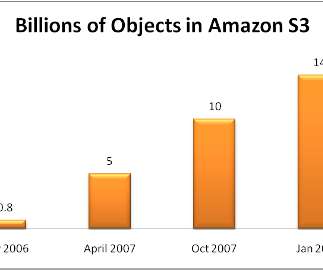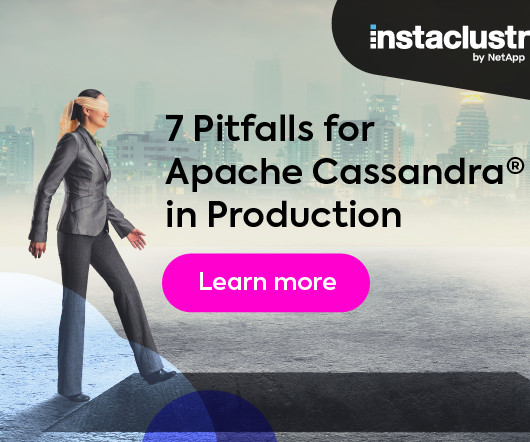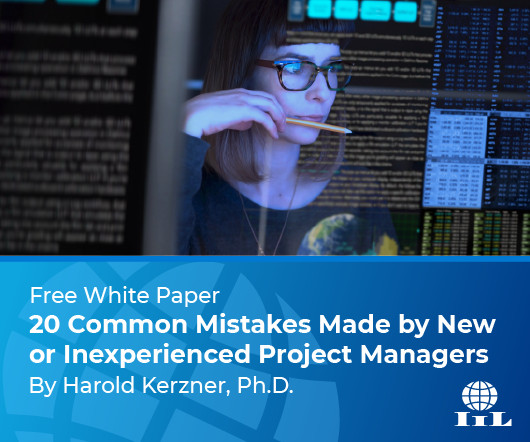Live on Today show: how the relationship between people and machines is becoming emotional - Trends in the Living Networks
Trends in the Living Networks
MARCH 19, 2008
About Ross Dawson Keynote Speaking/Strategy AHT Group Future Exploration Network The Insight Exchange Repyoot Recent Media Appearances « FriendFeed has the potential to transcend social networks and catalyze collaborative filtering | Main | Industrial policy in the global media economy » Live on Today show: how the relationship between people and machines is becoming emotional Ross Dawson, March 19, 2008 6:06 PM US PT This morning I was interviewed on the Australian national breakfas







































Let's personalize your content